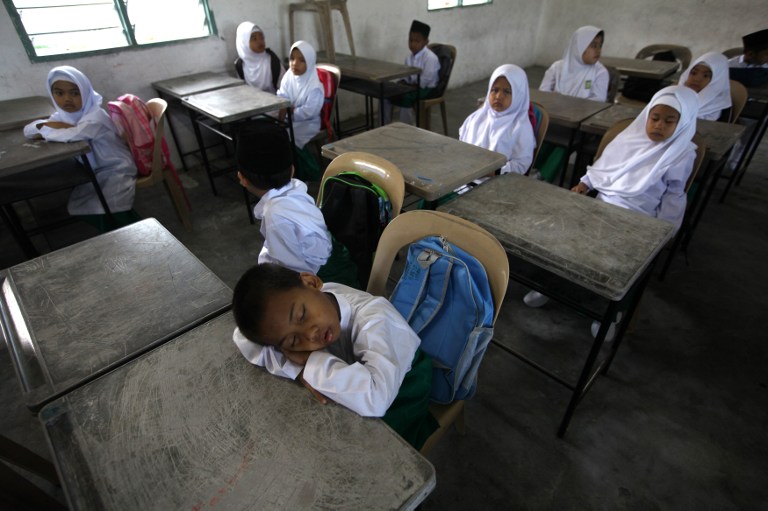KUALA LUMPUR, Dec 23 — The government’s direct control over public schools is stifling the development of human capital through education, said the World Bank as it advised Malaysia to transform its education system if it hopes to produce the labour force needed to support a high-income economy.
World Bank Southeast Asia director Ulrich Zachau pinned the country’s poor performance in education on the government’s insistence on deciding where teachers will work at instead of allowing schools to hire their own staff, among other issues.
The economist said in a report by New York-based business daily Wall Street Journal that the government hires 65 per cent of teachers in the country, compared to just 5 per cent in South Korea.
Ulrich added that the problem is compounded by the Education Ministry’s control over infrastructure spending for schools, assessment of students and choice of text books, and also the lack of access to the performance of individual schools.
In a recent report, the World Bank commented that Malaysia has so far been unable to provide the environment to nurture high-skilled workers needed to prop up a high-income economy.
It noted that “access to to schooling is a necessary, but insufficient condition for building human capital that will propel economic growth”, in its assessment of the country’s education system.
Last October, Prime Minister Datuk Seri Najib Razak announced a RM54 billion allocation for education under his Budget 2014, arguably the largest amount set aside for a single year under federal expenditure in the country’s history so far.
Government data also showed that nearly 97 per cent of children nationwide are enrolled in primary school, a milestone that was acknowledged by the United Nations during an awards ceremony also in October.
Earlier this year, Putrajaya launched its Education Blueprint, an ambitious plan that will run from 2013 to 2025 to upgrade the country’s entire education system.
The country, however, may need to speed up its reform agenda as the World Bank stressed on an “urgent need to transform Malaysia’s education system” to match the pace of economic growth.
With a per capita income of US$9,928 (RM32,658), Malaysia currently ranks alongside upper-middle income economies such as Turkey and South Africa, and is not far off the minimum level of US$12,616 (RM41,500) to be considered a high-income economy.
 Comparatively, the country performed poorly in the recent Programme for International Student Assessment (Pisa) administered by the Organisation for Economic Cooperation and Development, ranking 52 out of 65 participating countries.
Comparatively, the country performed poorly in the recent Programme for International Student Assessment (Pisa) administered by the Organisation for Economic Cooperation and Development, ranking 52 out of 65 participating countries.
Malaysia scored 421 in Mathematics, 398 in Reading and 420 in Science in the test, conducted every three years on 15-year-olds.
The global average score was 494 in Mathematics, 496 in Reading and 501 in Science.
Zachau, however, acknowledged that any improvements to the education system will take time to implement.
“I think in any country an improvement in education is a long-term agenda, and that’s not going to happen overnight,” he was quoted as saying.



















